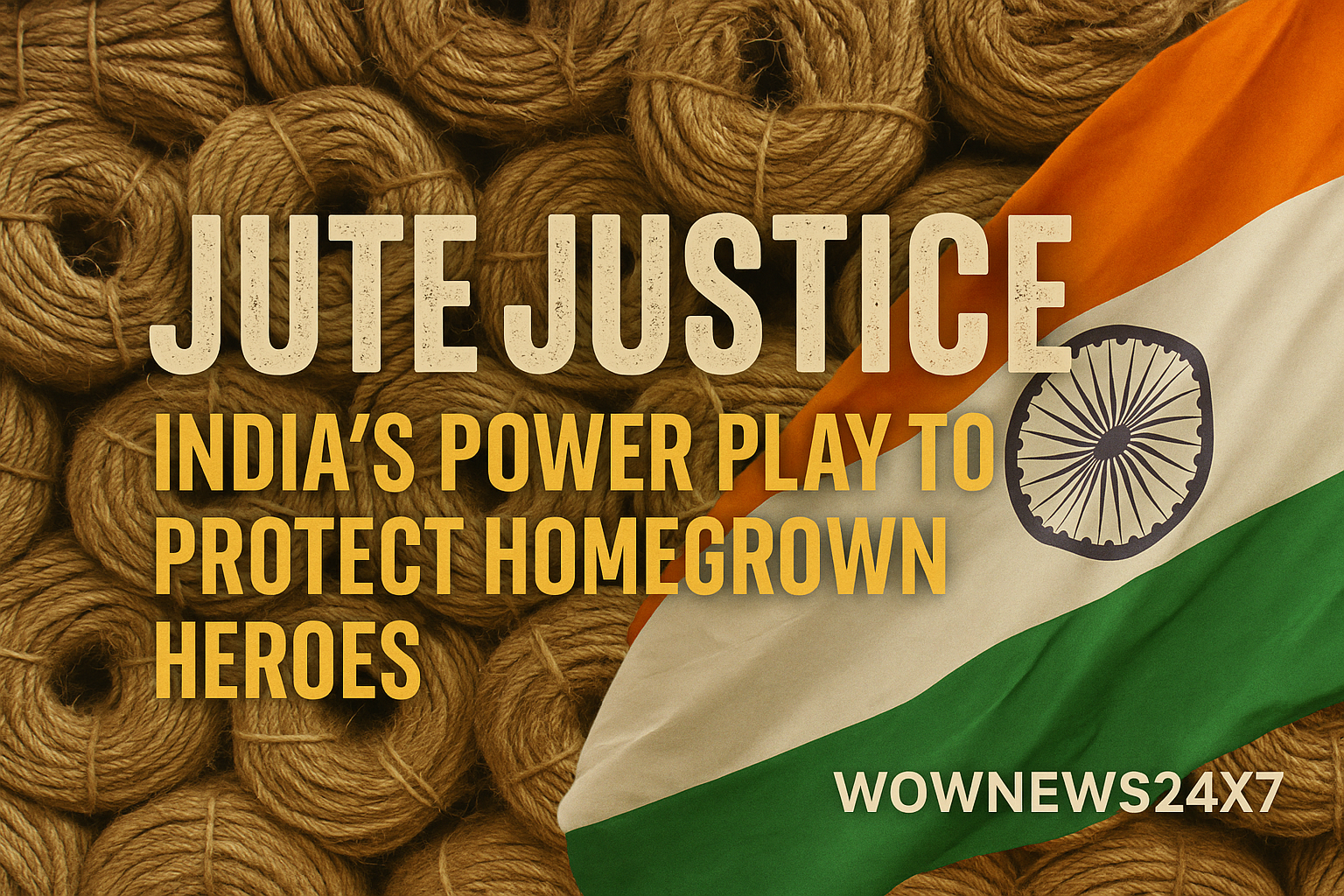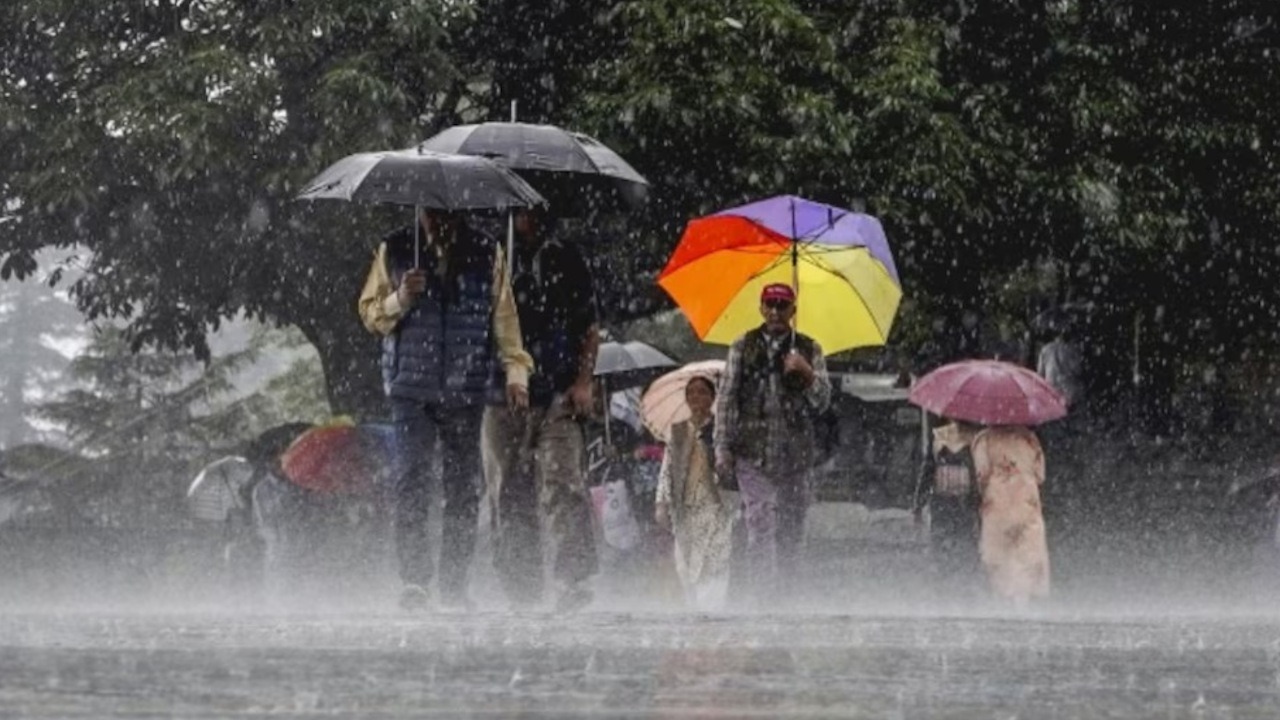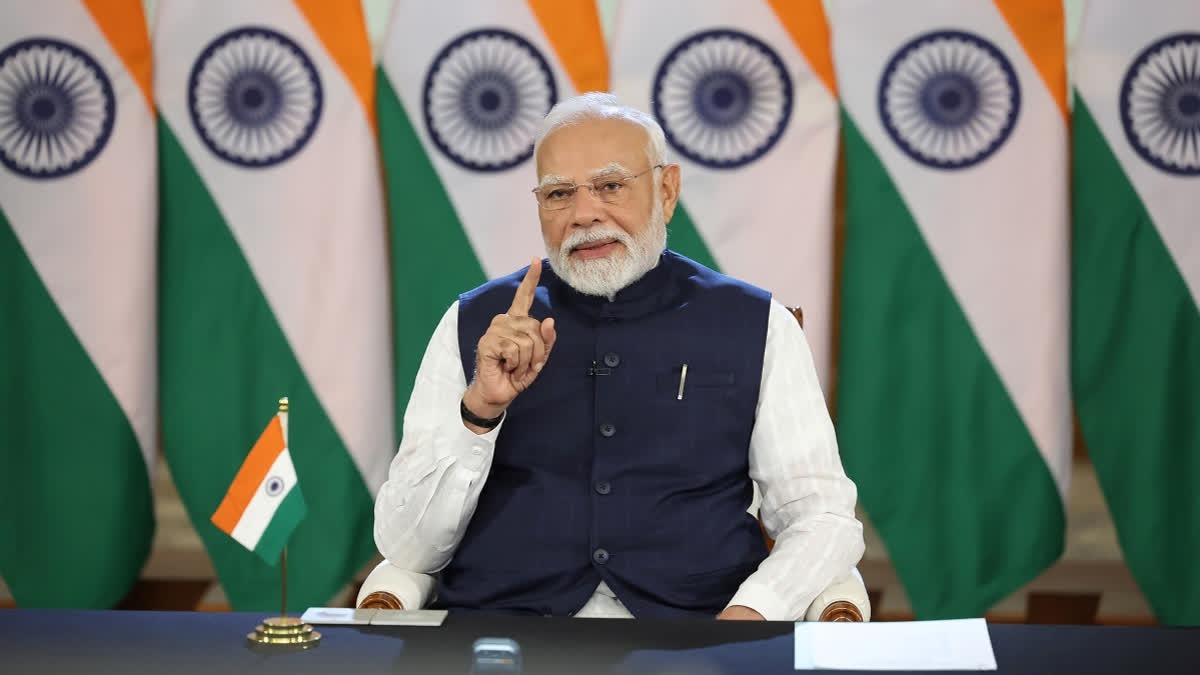In a stunning setback to regional commerce, the Indian government today imposed blanket restrictions on imports of jute and allied fibre products from Bangladesh from today. All sea and land ports are closed to these imports with the exception of the Nhava Sheva port in Maharashtra, reflecting a sudden policy turnaround to save India's struggling jute industry.
Key Points:
What's Banned: The ban encompasses raw jute fibre, yarn, twine, sacking cloth, and jute bags imported from Bangladesh. Imports will be cleared off the list at the Nhava Sheva port alone; other ports are banned now.
Why Now? The decision follows years of Indian jute producers and manufacturers complaining of discriminatory competition. Bangladeshi jute products, subsidized by the state and accused of dumping, have in fact inundated Indian markets at below-market prices—hurting local producers and pushing jute prices below the government's minimum support price.
Shortfalls in Anti-Dumping Duties: Despite previous anti-dumping actions, Bangladesh imports continued to rise, with exporters purportedly exploiting loopholes by means of misdescription, technical exemptions, and third-country transshipping from exempted firms. The new measures target closing these loopholes, offering quality inspection, and preventing third-country circumvention.
Economic & Political Implications: The jute sector is a lifeline for more than four lakh Indian laborers along with several farm families, primarily in West Bengal, Bihar, Assam, and in Odisha. The move is interpreted as a bold one to give a boost to local mills, complete farmer revenues, and provide a boost to the 'Aatmanirbhar Bharat' (self-reliant India) mission. Diplomatic Undercurrents: The step comes amid rising trade tensions against Bangladesh, which had already restrained Indian exports of garments and value-added food products. It has been seen by industry observers as an economic defensive step as much as a diplomatic message, requesting Dhaka to reconsider its export policy.
Sources: Deccan Herald, Economic Times, Business Standard
Advertisement
Advertisement







